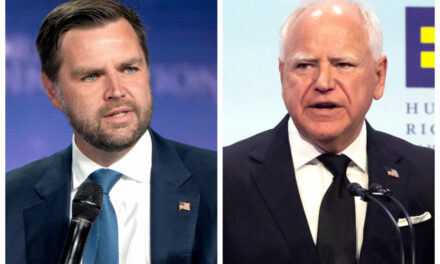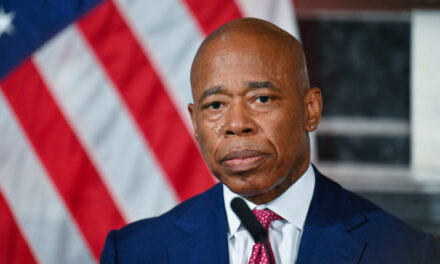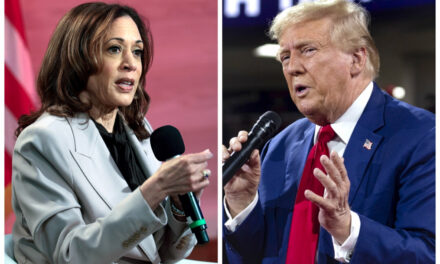We support our Publishers and Content Creators. You can view this story on their website by CLICKING HERE.
Michigan Attorney General Dana Nessel has charged four residents and three assistant clerks in St. Clair Shores for double voting in 2024.
Michigan Attorney General Dana Nessel has announced felony charges against four St. Clair Shores residents and three assistant clerks accused of orchestrating a double-voting scheme in the 2024 primary election.
The four residents—Frank Prezzato, Stacy Kramer, Douglas Kempkins Jr., and Geneva O’Day—allegedly cast both absentee and in-person votes. Each faces one count of voting as an absentee and in person, a felony punishable by up to five years in prison, along with one count of offering to vote more than once, which carries a four-year penalty.
Meanwhile, assistant clerks Patricia Guciardo, Emily McClintock, and Molly Brasure are charged with multiple felonies for their roles in allegedly enabling the double voting. Both Guciardo and McClintock face one count of falsifying election returns or records, one count of voting as an absentee and in person, and one count of offering to vote more than once. Brasure faces two counts of each charge.
In a statement accompanying the charges, Nessel said that while double voting is rare in Michigan, the severity of this case is alarming due to the failure of the safeguards designed to prevent it.
“There are procedures in place to ensure this does not happen and that is why it so rarely does. It took a confluence of events and decisions to allow these four people to double vote,” Nessel said in a statement. “Nevertheless, the fact that four incidents occurred in a municipality of this size raised significant concerns and is simply unheard of.”
The charges stem from incidents in St. Clair Shores, where the four residents allegedly appeared at their polling location to cast in-person ballots after submitting absentee ballots. Poll workers, who had already marked the absentee ballots as received in the state’s Electronic Poll Book, were reportedly instructed by the assistant clerks to override the warnings and issue in-person ballots. Both the absentee and in-person votes were ultimately counted.
The assistant clerks are further accused of altering the State Qualified Voter File to falsely mark the absentee ballots as rejected, enabling the double votes to be included in the final tally.
The double-voting incidents were discovered by a St. Clair Shores clerk after the primary election and reported to the authorities. The Macomb County Prosecutor’s office, local police, and the Michigan Bureau of Elections launched an investigation, eventually leading to the felony charges against the seven individuals.
“My office has been committed to pursuing, investigating and, when necessary, charging, cases of election fraud, and have done so when the evidence provides for criminal charges,” Nessel said. “Election integrity matters, and we must take these violations seriously in order to ensure we can trust the results on the other end.”
Arraignment dates for the defendants have not yet been scheduled. Attorneys for the accused were not immediately available for comment on the charges.
While 57 percent of voters say they are somewhat or very confident that the votes for this year’s presidential election will be accurately counted, a deep partisan divide persists. A record-high 56-percentage-point gap exists between Democrats and Republicans, with 84 percent of Democrats expressing confidence in the voting process, compared to just 28 percent of Republicans.

 Conservative
Conservative  Search
Search Trending
Trending Current News
Current News 







